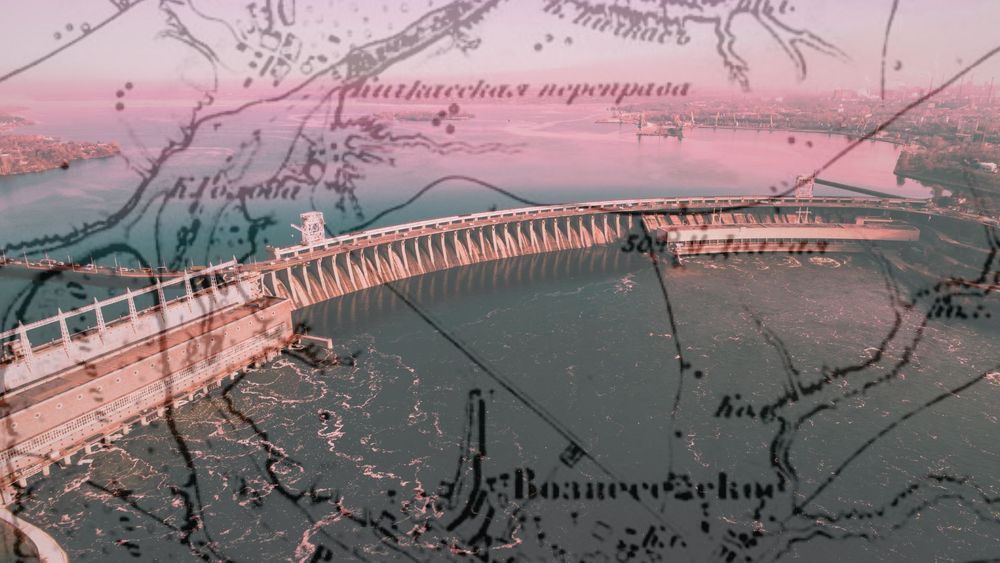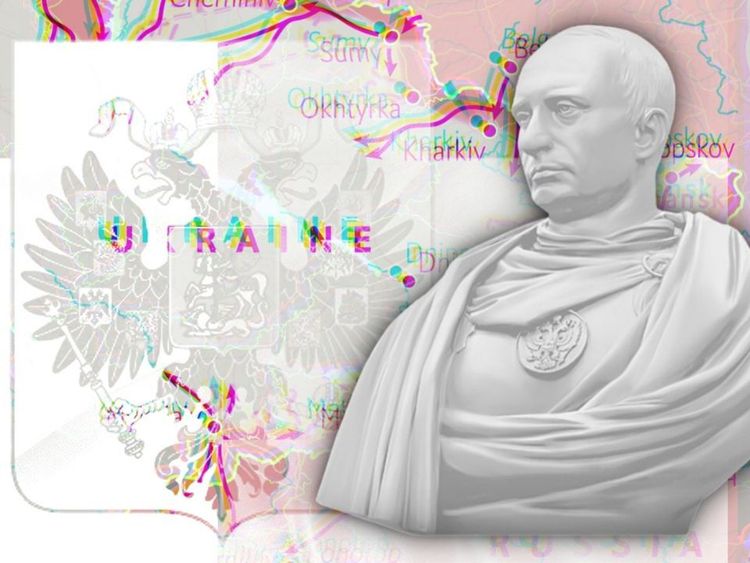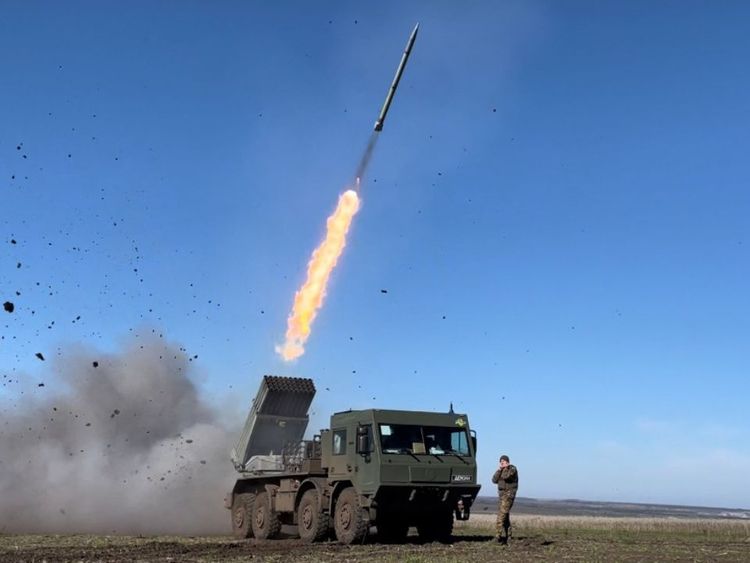Ukraine

Ukraine’s energy infrastructure is a major Russian military target. But the system also faces another enemy: climate disasters putting ever more strain on the power grid.

A huge scandal in Canadian politics and a painful blow to Ukraine's reputation — these are the terms used by the media to describe how the Canadian parliament and the Ukrainian delegation headed by President Volodymyr Zelenskyy gave a standing ovation to Yaroslav Hunka, a veteran of the Waffen-SS division ‘Galicia’. But how come he was invited to the parliament? Who ‘framed’ Canada and Ukraine? Who gave such a ‘gift’ to Russian propaganda? The Speaker of Parliament, Anthony Rota, took political responsibility for this and resigned. However, it is hard to believe that Mr. Rota knew the SS veteran personally and dreamed of bringing him into the limelight for the whole country to watch. There was someone who came to him with this ‘brilliant’ idea. Let's find out who.

1991, Leningrad. The private office of the deputy mayor of the city. A reporter for the city's television channel interviews a young official from Anatoly Sobchak's team. In the frame — a man with a childish face in a white shirt. Behind him, you can see window blinds, a television, a table lamp, a telephone, open folders with papers. A typical Soviet office environment. But something does not add up. From behind the scenes, the voice of the journalist says that yesterday, he could still see a bust of Lenin in this office, but today it had disappeared somewhere. What had happened?

September met with Zhanna Chernenko, founder of two volunteer groups – Fempodmoga and Lingvo Volunteers, which help Ukrainian refugees in Europe in solving a variety of problems: from translating documents to cases of harassment and violation of labour rights.

Ukraine aid, like the war itself, is a point of contention on the international left. Supporters see aid as essential for Ukraine’s defense against an imperialist invader. Skeptics regard it as a giveaway to the war industry at best, a fig leaf for the US empire at worst. The dilemma is that both sides have a point. Aid has enabled Ukraine to push back its occupier, but — funneled through the military-industrial complex of the United States — this success is bound up with both war profiteering and the maintenance of US hegemony. Supporters of aid, among whom I count myself, need to grapple with this ambiguity, which is indicative of the complex issues anti-imperialists will face as great power competition heats up in an increasingly multipolar world.


